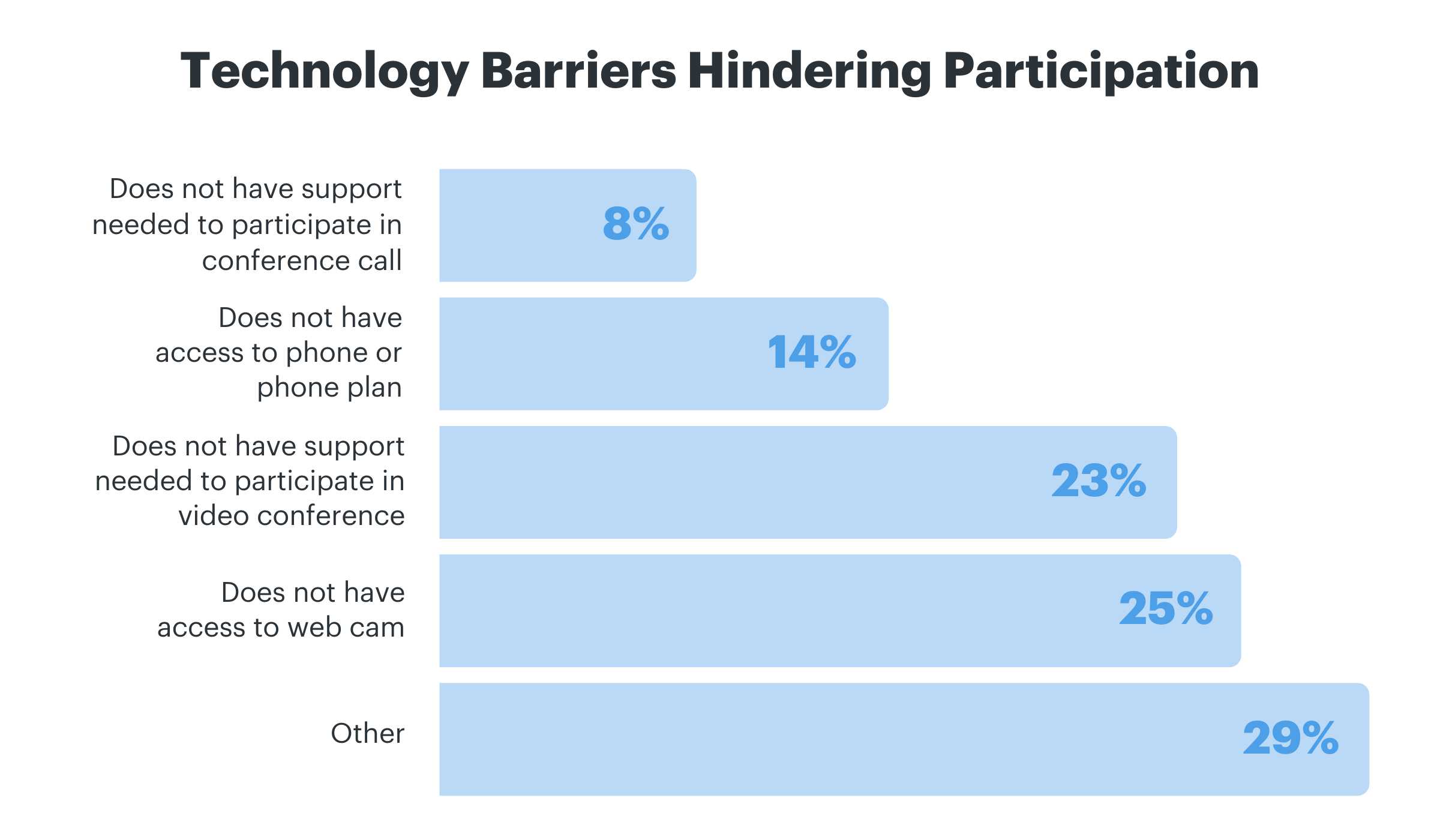When conducting surveys among vulnerable populations, it is crucial to ensure cultural relevance and respect. Partnering with experienced survey management providers adds an extra layer of care, promoting inclusivity. In this blog, we explore best practices in survey training and administration to enhance inclusivity among vulnerable populations.
Understand Your Demographic
To promote inclusivity, it is essential to be familiar with the demographic being surveyed. Engaging local surveyors who have inherent knowledge of the area and culture can help ensure inclusivity. When preparing to administer surveys, testing the survey with a sample from the target population is a good practice to have. This review can confirm the survey is culturally relevant for the population at hand.
In areas with non-English speakers, it is important to ensure survey materials are translated into the most used languages in the region. During the survey, it is important to ask the right questions and use plain language to maintain survey engagement and comprehension among participants. Surveys that do not cater to the intended target population can significantly reduce response rates and compromise data accuracy.
When conducting in-person surveys, it is imperative to take the necessary actions to ensure surveyor and participant safety. The surveyor should observe the living situations, and if a caregiver is present, also note the interactions and level of care. Incorporating cultural competence initiatives into training ensures surveyors respectfully communicate with members of vulnerable populations.
Conduct User-Friendly Surveys
Prioritizing secure and efficient survey administration is crucial for organizations. It often requires surveying a larger sample size than required. To enhance the participant experience, flexible scheduling is key. For in-person surveys, utilizing user-friendly technology like tablets facilitates efficient data collection.
If the survey is being conducted in an area with limited broadband or Wi-Fi access, having a backup paper survey ensures accurate data collection. In virtual interviews, ensuring clear communication between the surveyor and participant is fundamental to the success of the survey.
No matter the specific modality a survey utilizes, surveyors should call participants prior to the survey appointment to confirm details, offer technology testing, and provide necessary communication support. Building a rapport with the participant before conducting the survey is crucial, helping survey administrators and respondents alike feel comfortable and engaged throughout the process.

Train Your Team Accordingly
Comprehensive and effective training plays a vital role in ensuring accurate and respectful data collection. To conduct successful surveys, especially among vulnerable populations, it is crucial to include cultural competency instruction in the training program. Seeking individuals with survey or customer service experience is another important step in promoting inclusivity, as they possess the necessary skills to maintain politeness and respect.
The training program should include several modalities to fully train survey administrators. This can include informative lectures providing a thorough overview of survey methodology, best practices, insights into sample size requirements, and maintaining respondent confidentiality. Role-playing exercises are also valuable training, simulating fieldwork scenarios with multiple variables to test surveyors under different conditions.
In addition, training should incorporate official resources from leading survey organizations, including NCI-AD, NCI-IDD, NASDDDS, NASUAD, ADvancing States, and HSRI as appropriate. Upon completion of the training, surveyors should have a deep understanding of the unique concerns of the vulnerable populations and remain vigilant in identifying situations of abuse or neglect. Leading managed services providers for survey management can also add additional courses to provide ongoing refresher training for surveyors.
Don’t Leave Survey Management to Chance
Effective surveys require a comprehensive approach, including understanding the demographic, user-friendly methods, and comprehensive training. By prioritizing user convenience and participant wellbeing, government and other public sector organizations can improve response rates and enhance data accuracy. Partnering with experienced survey management administrators provides expertise and credible resources. These practices enhance inclusivity and provide deeper insights into vulnerable communities.
To learn more about how we can support your survey management goals, contact Knowledge Services today.





